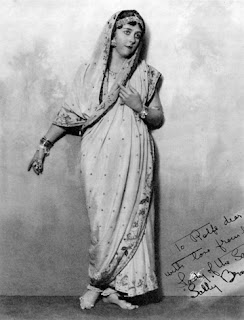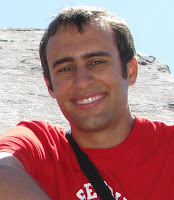The Science (Studies) Wars: Daston v. Jasanoff
As promised, I'm extending my post from last week in light of recent developments: a piece by Sheila Jasanoff and Peter Dear (in the most recent issue of Isis ) responding to a piece by Lorraine Daston (in Critical Inquiry a few years ago) on the relationship between science studies and the history of science. Briefly (as a background to this and a previous post), I am asserting: (1) that historians in general share a set of assumptions about structure and agency, (2) that the history of science is basically in line with this wider trend, and (3) that while there's nothing wrong with this co-/convergent evolution, there's another theoretical shift on the horizon. I won't dwell too much on (1), in part because I'm still developing an appropriate vocabulary for elucidating it. Very roughly: with the rise of anthropologically-inflected cultural history since the 1970s, the balance between structure and agency seems to have shifted from keywords related to the form...




